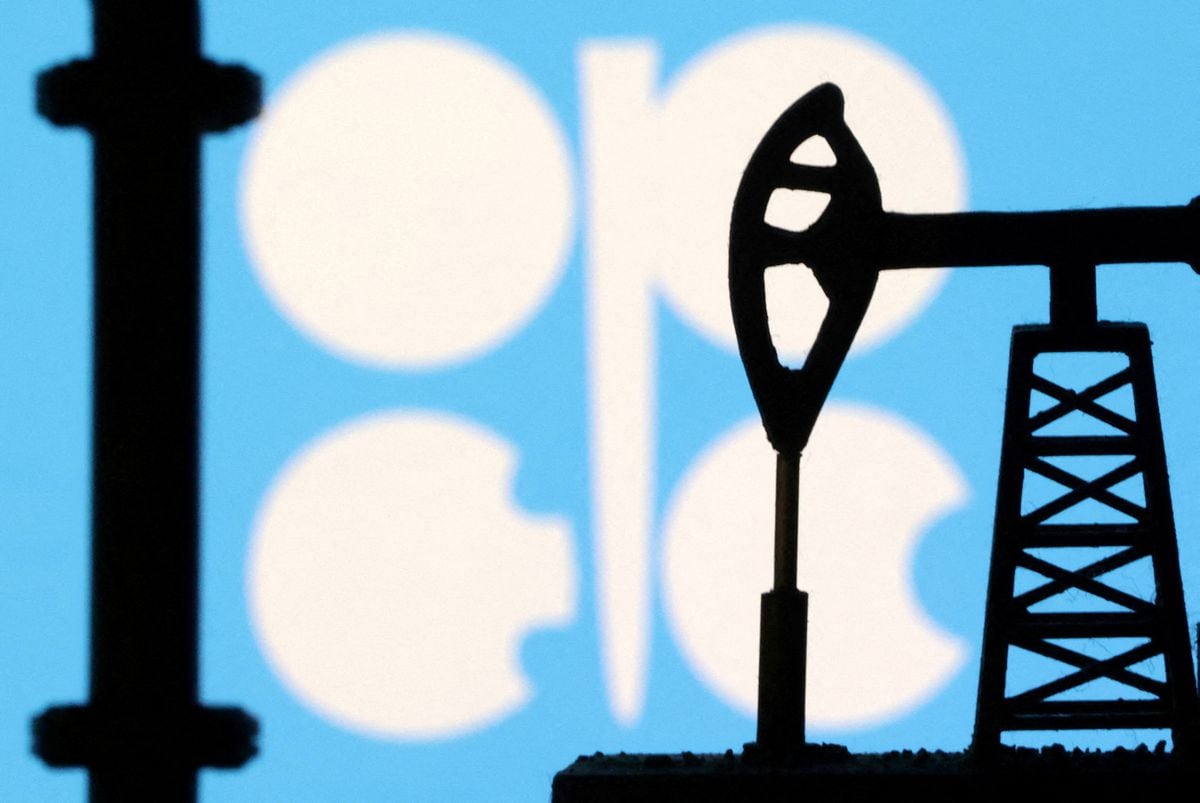
African members of the OPEC+ producer group, Angola and Nigeria, have expressed their intention to increase oil production, signaling a departure from potential output cuts discussed in OPEC+.
OPEC+ unexpectedly postponed a ministerial meeting scheduled to address next year’s production policy, causing a decline in oil prices and uncertainty in the market.
Estevao Pedro, Angolan OPEC governor, confirmed the country’s commitment to raising production, highlighting ongoing investments to achieve this goal while expressing anticipation for the rescheduled meeting.
Russian Deputy Prime Minister Alexander Novak and Saudi Energy Minister Prince Abdulaziz bin Salman agreed to delay the meeting to November 30, citing issues related to other producers.
OPEC has announced that the November 30 meeting will take place online, coinciding with the start of the COP28 climate summit in Dubai.
Nigeria’s Production Targets
Nigeria aims to increase its crude and condensate production from 1.7 million barrels per day to 1.8 million bpd by year-end, as confirmed by Olufemi Soneye, Chief Corporate Communications Officer at NNPC.
Gabriel Tanimu Aduda, Nigeria’s governor to OPEC, denied awareness of disagreements within OPEC+ regarding Nigeria’s production targets, attributing any issues to seeking alignments.
Oil Price Impact
Oil prices fell approximately 1.5% due to the meeting postponement, sparking concerns that OPEC+ may not implement deeper output cuts. Brent crude trades above $80, down from around $98 in September.
The delay is linked to African countries, specifically Angola and Nigeria, as OPEC+ awaits the findings of independent consultancies— IHS, Rystad Energy, and Wood Mackenzie—reviewing their 2024 output quotas.
OPEC+ faces challenges in negotiating production targets, with Nigeria and Angola seeking higher quotas.
The possibility of extending or deepening oil supply cuts into the next year is contemplated, with Saudi Arabia possibly urging other members to share the reduction task.
Current oil output cuts by Saudi Arabia, Russia, and other OPEC+ members total about 5 million bpd, aiming to stabilize global demand until the end of 2023.
